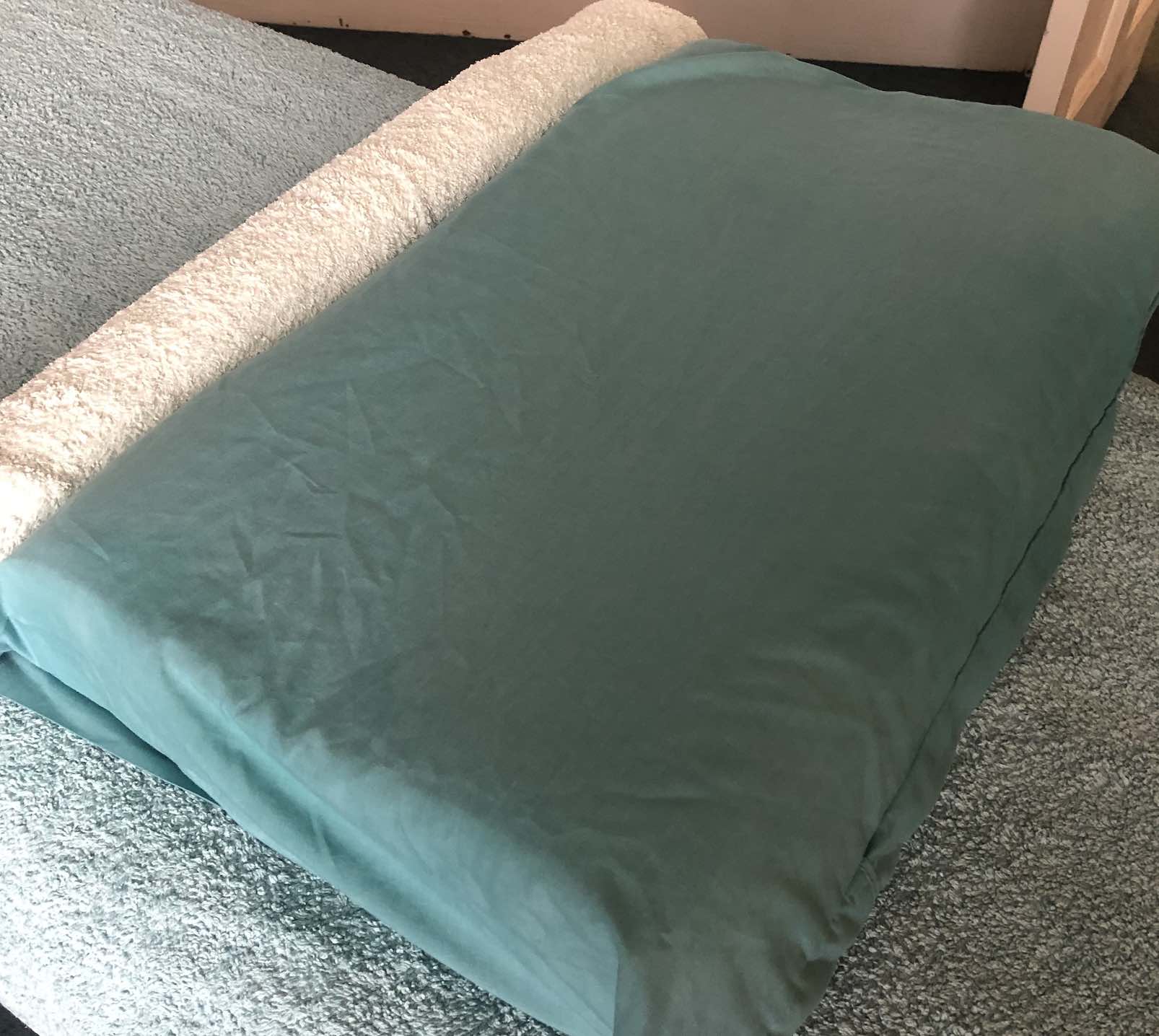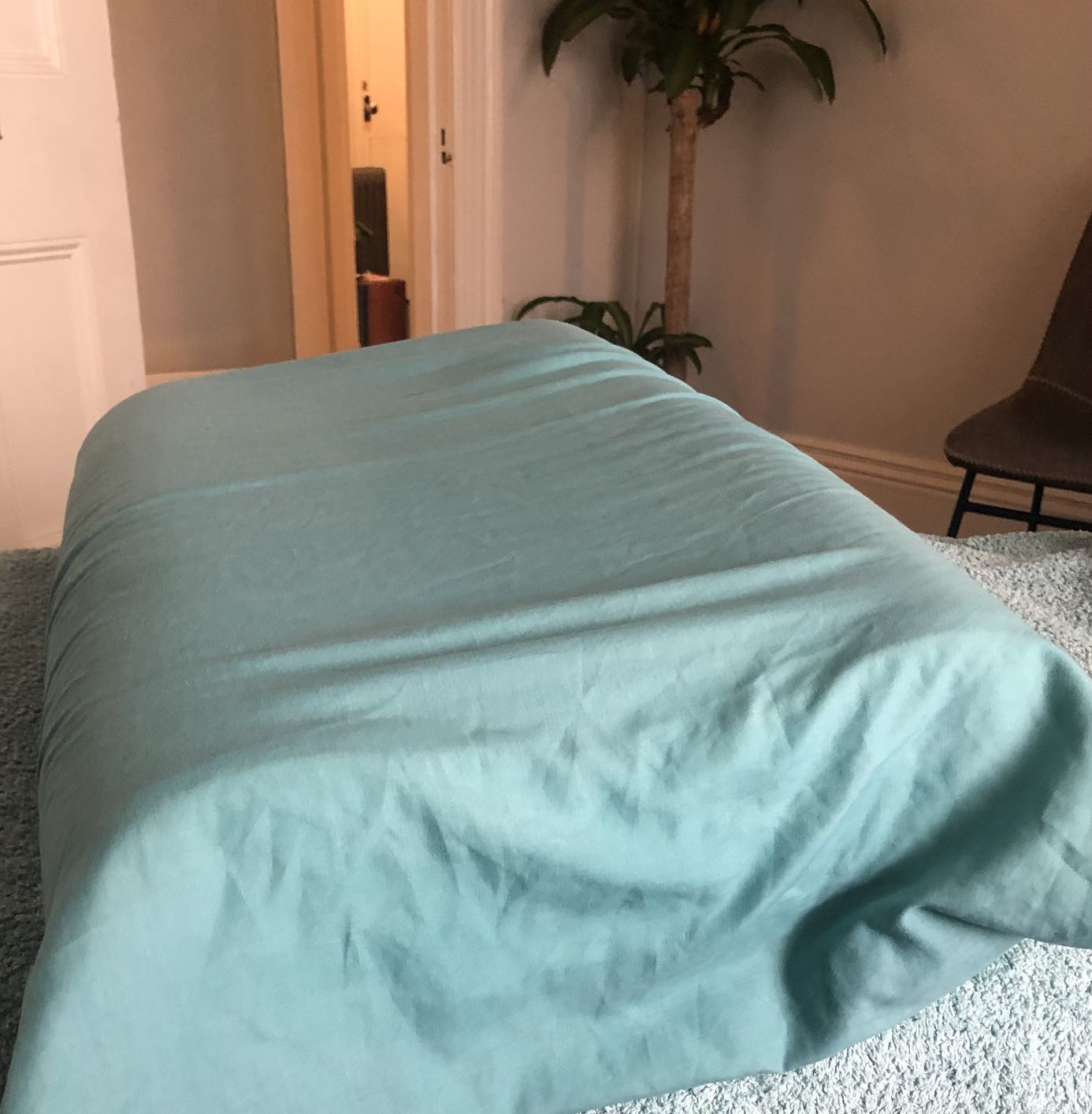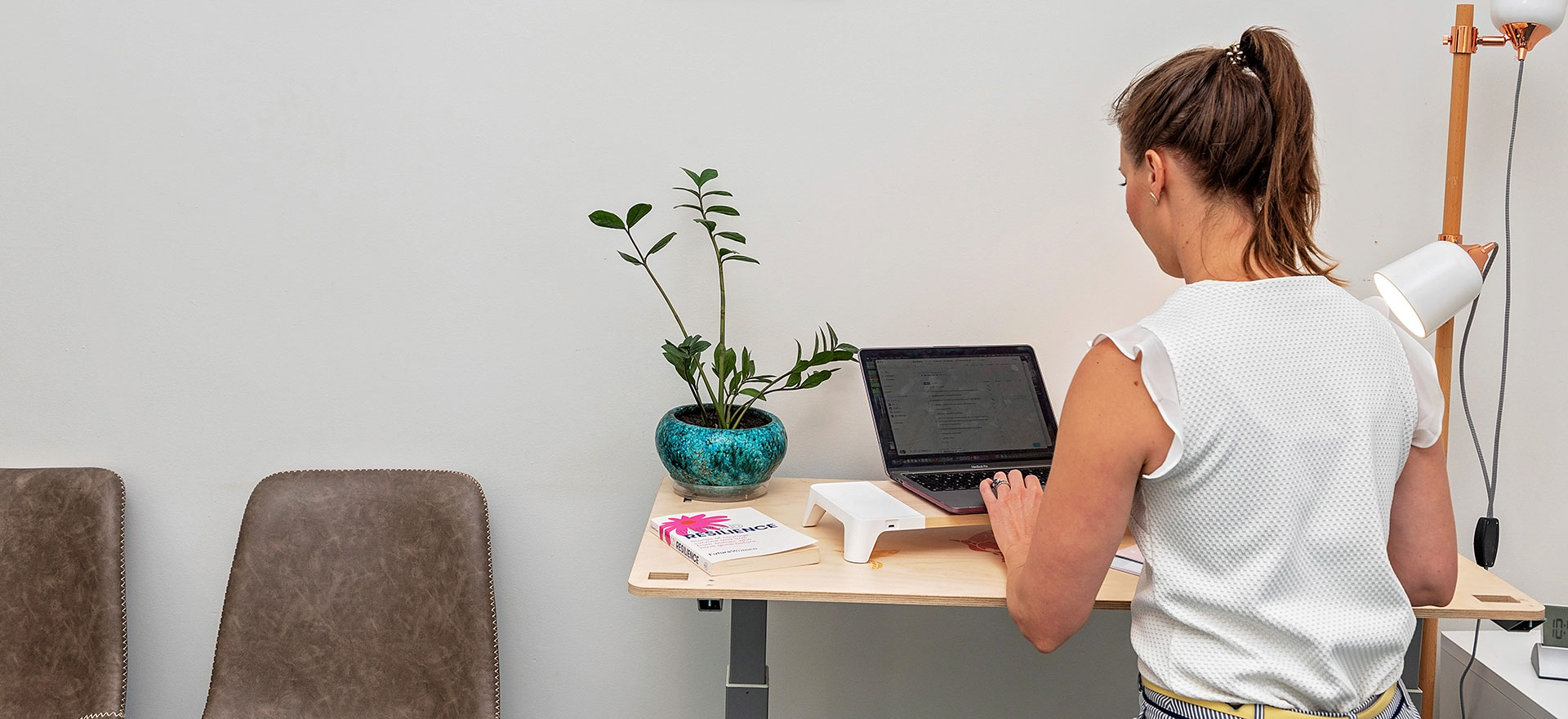Pillow Talk :P
Written by Dr Mel Pierlot (Osteopath)
As humans we spend 1/3 of our lives sleeping, so it is important that you spend the night with the pillow that is right for you!
Using an incorrect pillow may result in headaches, neck stiffness and poorer sleep quality. The average human head weighs around 5kg, so it is easy to imagine how an unsupported head resting in the same position for several hours could result in some aches and pains! If you are due to update your pillow, here are some things to consider:
- Firstly, your pillow should be different to what your partner, parents, friends and family use. We all have different posture, shoulder breadths, mattresses and sleeping position preferences, so your pillow needs to be suitable for YOU and not what others have said worked for them.
- Do not buy a new pillow until you have bought a new mattress! The firmness of your mattress will change the way your pillow feels, so prioritize updating your mattress before your pillow.
- Your pillow needs will change throughout your life. Our posture changes as we grow older which means that the pillows that used to work well for us might not be suitable anymore.
The aim of your pillow is to support your head to allow your neck to remain in a neutral position. Therefore, your pillow will depend on your sleeping position preference:
Side sleepers: Your pillow should be as thick as the distance between the tip of your shoulder to your neck. Your pillow should fit in the space between the mattress, your shoulder and your head. A pillow that is too high or too low may cause your neck to bend to one side. The best way to check this is to use a mirror or a friend to check your alignment
Back sleepers: Your pillow should be thick enough to support the natural curve of your neck. A pillow that is too thick will cause your neck to flatten and chin to tuck in, and a pillow that is too thin may cause your neck to over extend. If you have a more rounded C curve in your back you will need a thicker pillow to support your head.
Stomach sleepers: Generally speaking it is not recommended to sleep on your stomach due to the strain that is put through your neck. With that being said, if you sleep best on your stomach, it is recommended that you try and sleep without a pillow, or use a softer pillow that won't put extra bend or rotation in your neck.
Contour vs regular pillow?
Contour pillows are designed to support the natural alignment of the neck and head while sleeping. Contour pillows are great for people who have wider heads or for people who don't change their sleeping position much. People who regularly change their sleeping position may find that the contour pillow restricting. The best way to see if you suit a contour pillow is to place a small, rolled towel in your pillow case to mimic the contour.


Pillow Material Type
There is no right or wrong pillow material type, it ultimately comes down to personal preference.
- Feather and down: these pillows are generally very soft and can be folded to conform to how you're sleeping. This pillow is a good option for a stomach sleeper or for people who like to cuddle and mould the pillow to their sleeping position. These pillows can flatten quickly and are not good for people who are allergic to dust and mites.
- Latex and Foam: these pillows are great at holding their shape over time and they are hypoallergenic! Because these pillows hold their shape so well, people who like to move and mould their pillow may find these pillows restrictive.
*One thing to remember is that latex can hold heat, which can be an issue if you have an irritated neck or generally feel tight in this area; because of this, we like the gel-topped latex kind! OR a REALLY good pillow protector!
If you are unsure about whether your pillow is suitable for you or not, bring your pillow in for your next treatment for your health practitioner to assess!
See you in the clinic!
The Resilient Health Team


